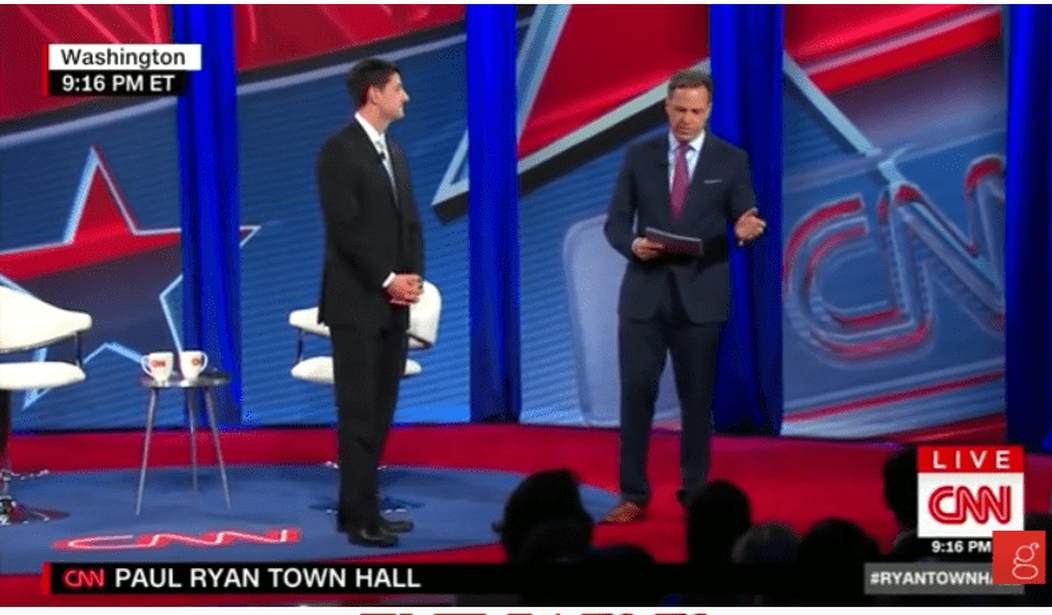The Ninth Circuit Court of Appeals unanimously denied the Trump administration’s motion to toss a federal judge’s temporary restraining order of the executive action temporarily stopping refugee entry and all entry from seven Muslim-majority nations.
The three-judge panel — Judge William C. Canby Jr, appointed by President Carter, Judge Richard R. Clifton, appointed by President George W. Bush, and Judge Michelle T. Friedland, appointed by President Obama — reviewing the Justice Department’s challenge in the case brought by the Washington state attorney general heard arguments from both parties on Tuesday.
“To rule on the Government’s motion, we must consider several factors, including whether the Government has shown that it is likely to succeed on the merits of its appeal, the degree of hardship caused by a stay or its denial, and the public interest in granting or denying a stay,” the 29-page ruling states. “We assess those factors in light of the limited evidence put forward by both parties at this very preliminary stage and are mindful that our analysis of the hardships and public interest in this case involves particularly sensitive and weighty concerns on both sides.”
“Nevertheless, we hold that the Government has not shown a likelihood of success on the merits of its appeal, nor has it shown that failure to enter a stay would cause irreparable injury, and we therefore deny its emergency motion for a stay.”
Out of the claims of various constitutional violations brought by Washington and Minnesota, the court found the due process claims most convincing.
“The Government has not shown that it is likely to succeed on appeal on its arguments about, at least, the States’ Due Process Clause claim, and we also note the serious nature of the allegations the States have raised with respect to their religious discrimination claims,” the judges wrote. “We express no view as to any of the States’ other claims.”
Later elaborating on the claims that the order constitutes a Muslim ban: “We reserve consideration of these claims until the merits of this appeal have been fully briefed.”
On the Justice Department’s argument that “most or all of the individuals affected by the Executive Order have no rights under the Due Process Clause,” the court underscored “the procedural protections provided by the Fifth Amendment’s Due Process Clause are not limited to citizens.”
“Rather, they ‘appl[y] to all “persons” within the United States, including aliens,’ regardless of ‘whether their presence here is lawful, unlawful, temporary, or permanent.’ Zadvydas v. Davis, 533 U.S. 678, 693 (2001). These rights also apply to certain aliens attempting to reenter the United States after travelling abroad. Landon v. Plasencia, 459 U.S. 21, 33-34 (1982). The Government has provided no affirmative argument showing that the States’ procedural due process claims fail as to these categories of aliens. For example, the Government has failed to establish that lawful permanent residents have no due process rights when seeking to re-enter the United States.”
The judges declined to restrict the scope of the temporary restraining order because that “omits aliens who are in the United States unlawfully, and those individuals have due process rights as well.”
“Even if the TRO might be overbroad in some respects, it is not our role to try, in effect, to rewrite the Executive Order,” they added.
The court dismissed the argument that the order’s waiver power constitutes “a sufficient safety valve for those who would suffer unnecessarily,” saying the government “has offered no explanation for how these provisions would function in practice: how would the ‘national interest’ be determined, who would make that determination, and when?”
The 9th Circuit judges didn’t take well to DOJ lawyer August Flentje’s argument on Tuesday that federal judges didn’t have the authority to review executive orders because the president has “unreviewable authority to suspend the admission of any class of aliens.”
“There is no precedent to support this claimed unreviewability, which runs contrary to the fundamental structure of our constitutional democracy,” they wrote. “…The Supreme Court has repeatedly and explicitly rejected the notion that the political branches have unreviewable authority over immigration or are not subject to the Constitution when policymaking in that context.”
After citing many cases to make their point, the judges added, “In short, although courts owe considerable deference to the President’s policy determinations with respect to immigration and national security, it is beyond question that the federal judiciary retains the authority to adjudicate constitutional challenges to executive action.”
The office of Washington Attorney General Bob Ferguson responded quickly:
DENIED. UNANIMOUS. PER CURIUM.
— WA Attorney General (@AGOWA) February 9, 2017
To which Trump responded with his own all-caps tweet:
SEE YOU IN COURT, THE SECURITY OF OUR NATION IS AT STAKE!
— Donald J. Trump (@realDonaldTrump) February 9, 2017
Followed by Hillary Clinton trolling:
3-0
— Hillary Clinton (@HillaryClinton) February 10, 2017
Sen. Tom Cotton (R-Ark.) said Trump’s order “is plainly legal under the Constitution and our immigration laws.”
“No foreigner has a constitutional right to enter the United States and courts ought not second-guess sensitive national-security decisions of the president,” Cotton said. “This misguided ruling is from the Ninth Circuit, the most notoriously left-wing court in America and the most reversed court at the Supreme Court. I’m confident the administration’s position will ultimately prevail.”
Senate Minority Leader Chuck Schumer (D-N.Y.) said Trump “ought to see the handwriting on the wall that his executive order is unconstitutional.”
“He should abandon this proposal, roll up his sleeves and come up with a real, bipartisan plan to keep us safe,” Schumer said.









Join the conversation as a VIP Member